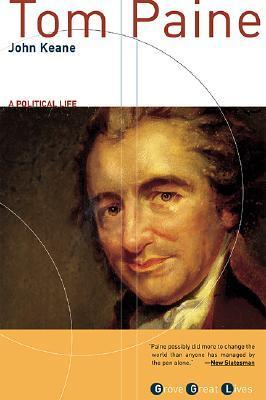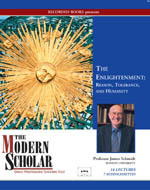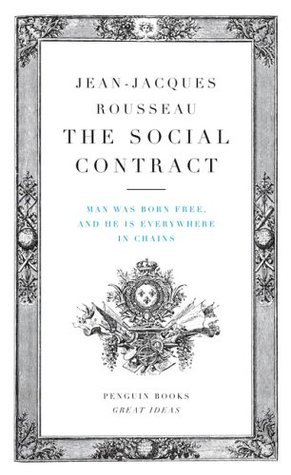
The Age of Reason
Book Description
When faith collides with reason, the world trembles. In 'The Age of Reason,' Thomas Paine ignites a revolution not just of thought, but of the very fabric of society. With fierce conviction, he dismantles the shackles of religious dogma, championing the power of human intellect and the wonders of the natural world. His fearless challenge to authority resonates like a battle cry, urging humanity to awaken from its slumber and embrace enlightenment. As the pages ignite with passionate argument and profound insight, one can't help but wonder: what if the truth we've been told is just a smokescreen hiding our true potential?
Quick Book Summary
Thomas Paine’s "The Age of Reason" is a foundational text in the philosophy of religious skepticism and Enlightenment thinking. Written during a time of revolutionary upheaval, Paine calls for the use of reason over blind faith, powerfully criticizing institutionalized religion, particularly Christianity, for perpetuating superstition and tyranny. He advocates deism, arguing that true religion rests on observing nature and using rational inquiry rather than accepting miracles, dogma, and scriptures on authority. Paine’s work fiercely defends freedom of thought, challenging readers to question received wisdom and seek truth via evidence and reason. His enduring call for intellectual liberation and his faith in the human mind’s ability to discern natural law continue to inspire debates on faith, science, and personal liberty.
Summary of Key Ideas
Table of Contents
Reason Versus Religious Dogma
Paine sets the stage by disputing the authority of organized religion, particularly the Christian church, which he sees as codifying superstition and stifling free inquiry. He argues that people have been misled by scriptures whose origins and interpretations are dubious, warning against accepting miracles or revelations solely on the basis of tradition or ecclesiastical authority. Reason, he contends, is the only secure foundation for belief.
Critique of Organized Religion and Scripture
He offers a systematic critique of the Bible, questioning its historical accuracy and moral teachings. Paine points to the inconsistencies and improbabilities within both the Old and New Testaments, highlighting contradictions and challenging the notion of divine inspiration. His skepticism extends to miracles, which he dismisses as fabrications designed to enforce obedience rather than foster genuine faith or understanding.
The Advocacy of Deism and Natural Theology
Deism is proposed as the rational alternative to revealed religion—Paine champions faith in a Creator known through the observation of nature and the application of reason. He believes the universe itself is the true scripture, offering evidence of a divine architect that is accessible to all through sense and intellect. Dogmatic theologies, he claims, corrupt this natural relationship and encourage division and conflict.
Freedom of Thought and the Human Mind
Freedom of thought and the right to question are central to Paine’s philosophy. He urges individuals to resist intellectual tyranny and cultivate independent judgment by scrutinizing religious teachings and traditions. Paine ties this quest for intellectual emancipation to broader Enlightenment ideals, asserting that progress in society depends on the liberation of the human mind from superstition.
Religion’s Role in Society and Politics
Finally, Paine discusses the political implications of religion, denouncing the collusion between church and state that has perpetuated oppression and hindered democratic reform. He argues for a secular approach to governance, where morality is grounded in reason rather than religious edict, and where laws serve all citizens equally. In summary, Paine’s "The Age of Reason" is a call to arms for rational inquiry, personal liberty, and the pursuit of truth unfettered by dogma.
Download This Summary
Get a free PDF of this summary instantly — no email required.





